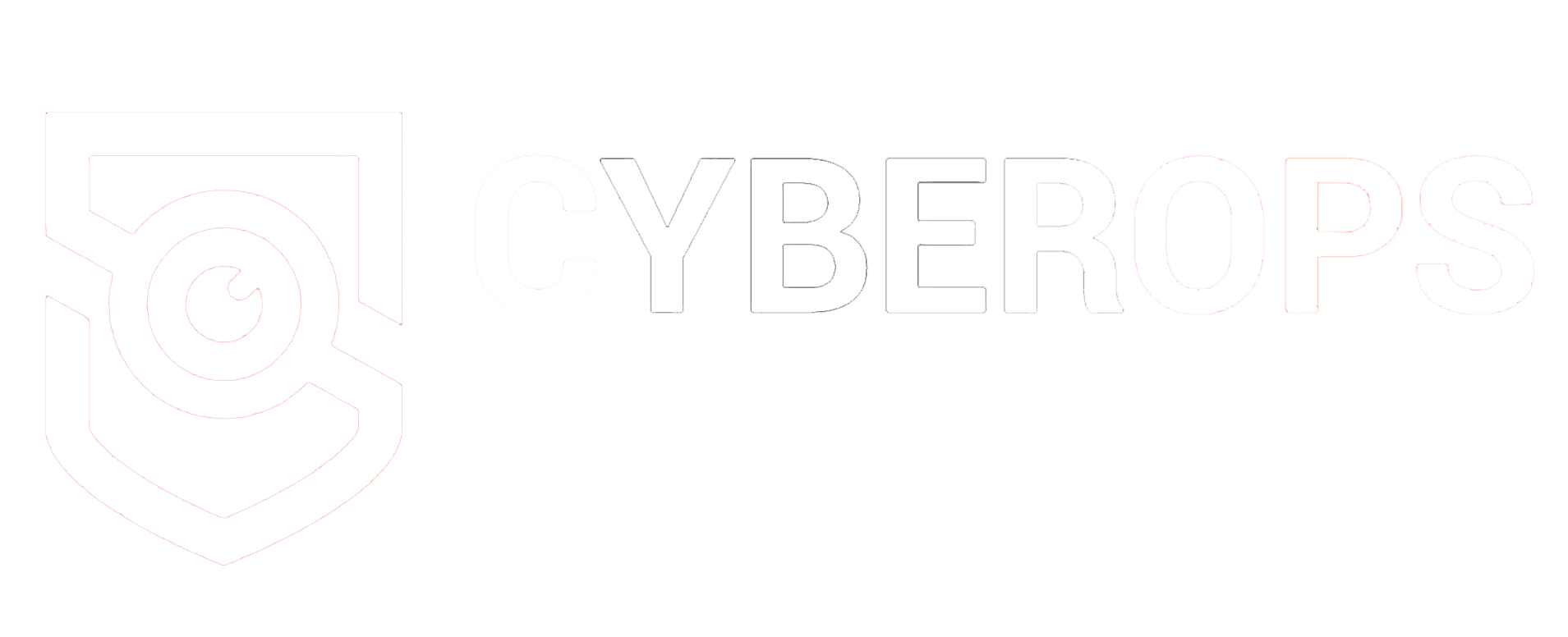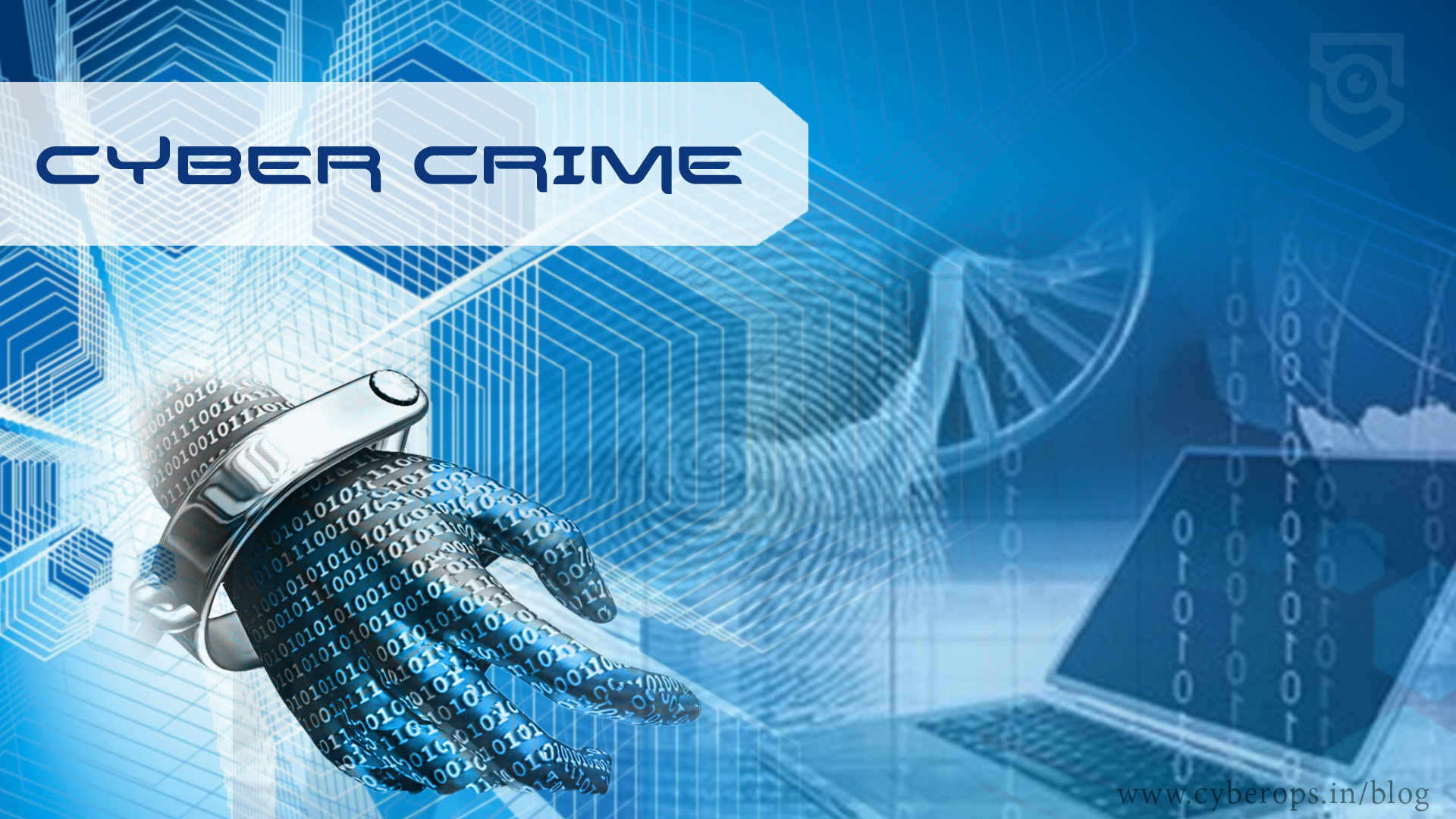Cyber crime is real – Don’t be a victim…
By Prempal Singh

The recent Wanna-Cry ransomware episodes have pushed cyber security to the forefront of peoples’ and organization’s awareness and concerns, again.
For many people who weren’t afflicted this might sound like an inconvenience, but love one of those things that impact other people. If our world is not as linked as it is that could probably be true, but in our hyper-connected world what influences me contaminates you too.
I had been working in Saudi Arabia when the Shamoon cyber attack launched against Saudi Aramco. In a single attack 35, 000 computers in the most significant company in Saudi Persia – that manages the oil after which the country depends – experienced their hard drives damaged. Overnight every large enterprise in the Kingdom battened down their cyber plan as well as for weeks doing any type of online work was a nightmare. With 200, 000 companies, and tens of millions of computers and servers, around the world afflicted by Wanna-Cry the potential economic and business consequences are significantly more substantial.
What we need to understand is that our cyber occurrence is merely as susceptible to criminality and “virtual violence” as our physical occurrence is. As we take safety measures in the physical world we need to take the safeguard in the cyber world….. and, just as we recognize the opportunity of being victims in the physical world no matter our security awareness, we should accept the same on the internet.
It is also critical that we avoid the paralysis of paranoia. In the real world, it is also possible to become so preoccupied with the potential of criminal victimization that people stop living life or have the enjoyment robbed away of it (becoming de facto victims without a criminal even doing anything). As our digital identification and occurrence become an increasingly significant part of our life we should do what we can, although not become so stressed that digital security makes our cyber activity so troublesome it undermines any benefits our life may enjoy.
Some practical things to do.
I’ll assume that you have virus scan software installed and maintain it up to date and run it regularly.
I’m also assuming that you don’t visit bogus websites that ask you to enter your administrator password to put in suspicious software…. and if you visit the sites you may| install the software.
My own final assumption is that you are circumspect in the way you control attachments and downloads through your virtual communication programs.
With these assumptions in place…..
Be up to date with your improvements
Most machines that are infected with viruses and malware have it happen because the users have not executed the normal patches and updates sent by software developers. We have a warning here…. unfortunately, the patches usually are always stable or may disrupt other applications that no longer work after an update. This is a primary reason so many NHS services in the UK were susceptible to Wanna-Cry. In these cases, it becomes a risk management exercise. Should you choose not to use a patch or upgrade, put other processes in location to mitigate the coverage and offset the contamination risk.
Do multiple backups
At this time I’m not only discussing regular back-ups to the same place or device. Include backups on more than one device. It is even a good idea to stagger backups across the devices. That way if one backup device is compromised by a strike or infection there is another that is merely one version older than the most recent, which probably has not been affected.
Manage your backups wisely

Cyber security experts speak of the safest devices as being “air gapped”. This means that they are never linked to the internet or a tool that is linked online. This way they cannot be utilized externally and hacked or infected. For almost all of all of us, this is not a practical possibility. However, we can pseudo-air gap our back up. It is convenient to have our backups linked to the network where they have updated automatically according to a routine. We should, however, have at least one backup device that is linked for a backup, and then unplugged when it is completed. This kind of minimizes its contact with the internet and network and mitigates any potential issues. Graeme Codrington, one of our team members, should go one step further and has one of his backup drives stored away from his home and office within the city. That way if there is every a geographic concern, or “act of God” that impacts his backups he always has a version they can get in an urgent.
Change to a new operating system
Although Linux and Apple’s Mac PCs OSX and iOS are starting to experience targeted attacks the truth is that Microsoft’s Window’s and Google’s Android operating systems usually be targeted more frequently, and even more effectively. If perhaps you have to use these more exposed operating systems make certain that you are using the most recent versions. The Wanna-Cry contamination was significantly accelerated by a number of computers still using the Windows XP operating system. What was security gap in the code of Windows 10 was obviously a hole that a bus could drive through in Or windows 7? Despite the reality that Microsoft stopped assisting XP in 2014, they released a security upgrade because of it to deal with Wanna-Cry…. but, there is absolutely no assurance that they will next time. And, they are definitely not focused on the multiple other botnets, virus, Trojan horse, and malware antagonists that already target old procedure system vulnerabilities.
The final part of the practical advice is to turn off and disconnect your computer when you are not using it. Bonnets and other malware co-opt the dormant processing ability of our machines to link them into huge globally distributed supercomputer networks that drive spam and other darknet services. It is also during these times when we aren’t watching what is happening on our machines that infection activity operates untracked. Turn your computer off and unplug it from the net, certainly, nothing can happen….
Generally, there are no guarantees that any digital device consumer will be immune from attack, infection or cyber compromise, but simple reasonable actions in our cyber awareness – just like inside our physical world consciousness – can mitigate our likelihood of becoming the next victims.
Source: www.tomorrowtodayglobal.com

